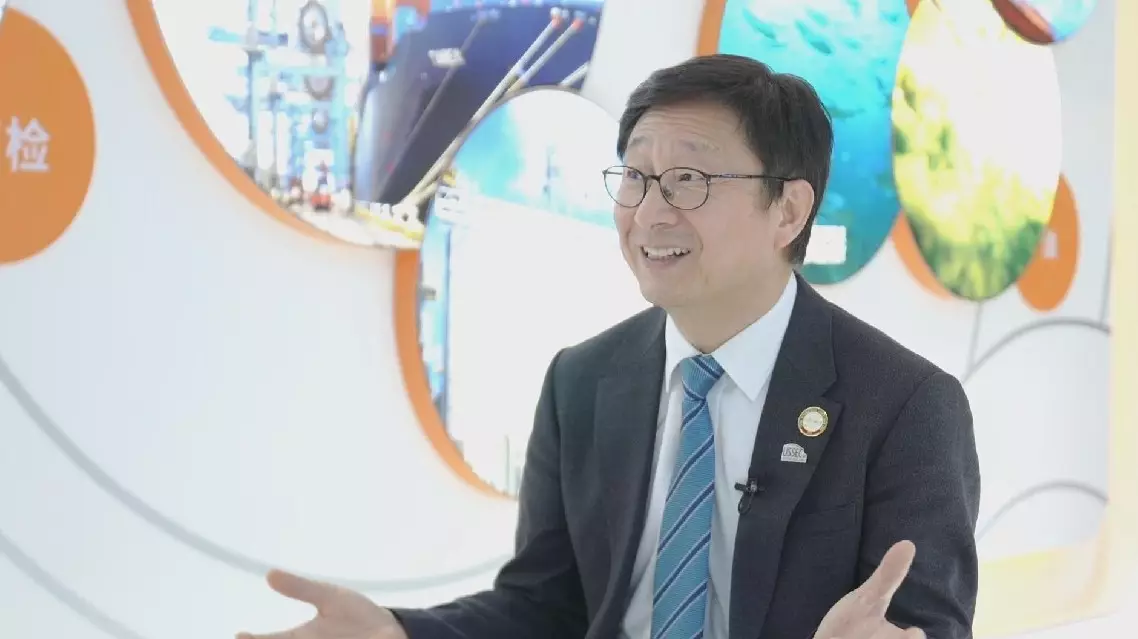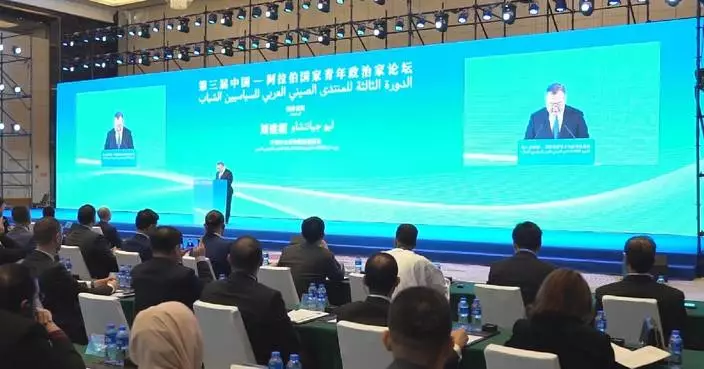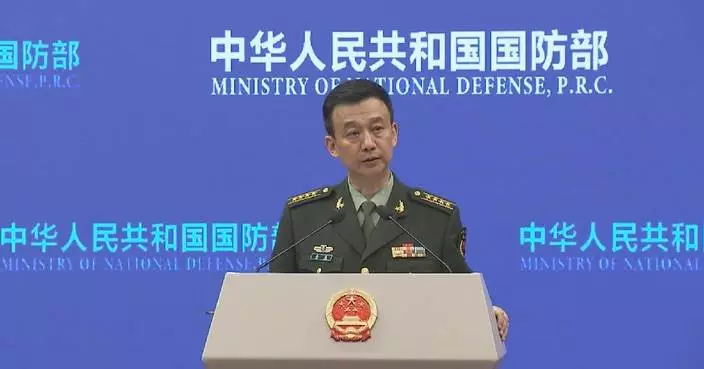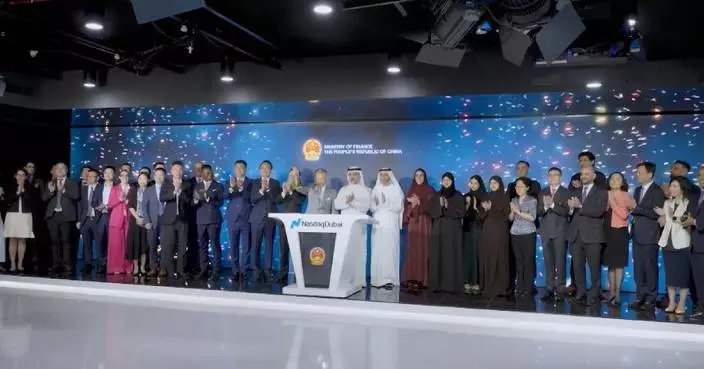Major-country diplomacy with Chinese characteristics has been conducted on all fronts for 10 years since the idea was initiated, striving for the ultimate goal of building a community with a shared future for mankind.
It was on Nov 28, 2014 when Chinese President Xi Jinping first put forward his new outlook on China's diplomacy while addressing the central foreign affairs meeting in Beijing. He said that China's diplomacy must adapt to its major country status.
Two years later, the idea of building major-country diplomacy with Chinese characteristics was written into the government work report, noting that China would hold the banner of peace, development and win-win cooperation, focusing on the overriding goal of peaceful development and national revitalization, upholding China's sovereignty, security and development interests.
Wang Wen, dean of the Chongyang Institute for Financial Studies under the Renmin University of China, shared his insight into the progress of China's diplomacy.
"The core values of major-country diplomacy with Chinese characteristics are win-win cooperation, peaceful coexistence, and mutual respect. We apply these principles not only to the relations with the United States, but also to those with other countries around the world. And our ultimate goal is to build a community with shared future for mankind. So our behavior logic is to actualize the goal of building a community with shared future for mankind through advocating a series of initiatives including the Belt and Road Initiative, the Global Development Initiative, the Global Security Initiative and Global Civilization Initiative," he said.
In a recent pivotal meeting between President Xi and his U.S. counterpart Joe Biden, the Chinese leader reaffirmed the country's unchanged stances on China-U.S. relations.
These include China's goal of a stable, healthy and sustainable China-U.S. relationship; and its commitment to mutual respect, peaceful coexistence and win-win cooperation for bilateral ties.
"This kind of major-country diplomacy with Chinese characteristics is totally different from that of the West. Over the past 500 years, the West has pursued a path where a strong nation must dominate, dominance leads to competition, and competition results in conflicts. In contrast, we see that China's major-country diplomacy with Chinese characteristics has forged a new model of human civilization characterized by peace, win-win cooperation, and mutual respect," said Wang.
Moreover, at this year's G20 Summit, President Xi outlined the country's eight actions for global development, with pursuing high-quality Belt and Road cooperation, implementing the Global Development Initiative, and supporting development in Africa topping the agenda.
Einar Tangen, an independent commentator on political and economic affairs, highlighted the role major countries should play in international affairs.
"So, today China has responsibility and that was in part of one of the points of the 8-point plan is that there is a responsibility that nations need to come together especially the U.S. and China as the two leading powers," he said.
In terms of conflicts, such as those between Russia and Ukraine, and Palestine and Israel, China's stance has been consistent, which is promoting political settlement and resolving conflicts through talks and dialogues.
"In the end, there can only be one way, well, two ways, you wipe everybody out and you're criminal, right? And you become a crime in the world in the history books, or it's going to be settled at the diplomatic table through negotiations. Somebody has to set the table and bring the parties together. That is a real commitment to peace," said Tangen.
Experts noted that one of the key features of major-country diplomacy with Chinese characteristics is that under tremendous uncertainties, it provides hope for the international community, a sense of security and a path to prosperity and development.
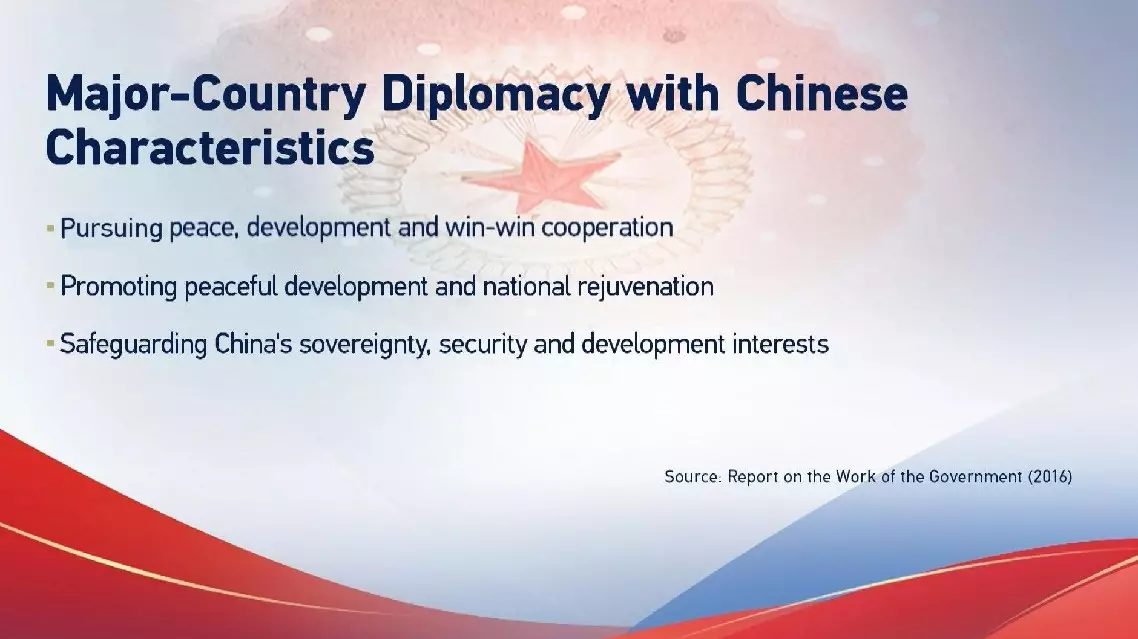
Major-country diplomacy with Chinese characteristics plays pivotal role worldwide


